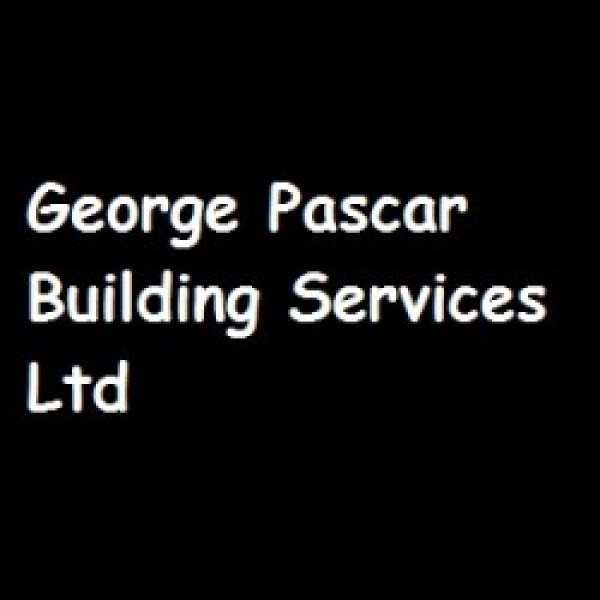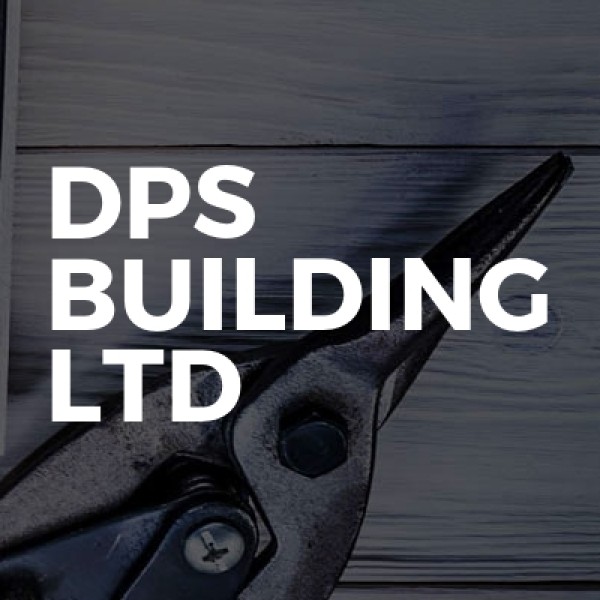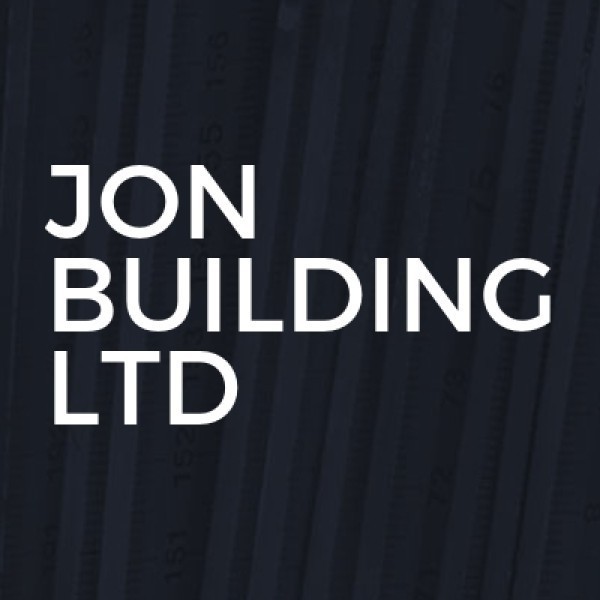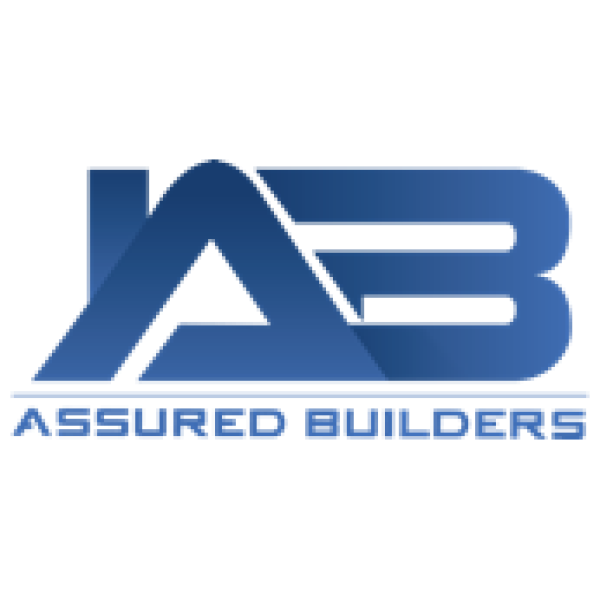Loft Conversions in Wandsworth
Search Loft Conversions in places nearby
Understanding Loft Conversions in Wandsworth
Loft conversions in Wandsworth are becoming increasingly popular as homeowners seek to maximise their living space without the hassle of moving. With the charm of Wandsworth's architecture and the desire for more room, converting a loft can be an ideal solution. This article will guide you through the ins and outs of loft conversions, ensuring you have all the information needed to make an informed decision.
What is a Loft Conversion?
A loft conversion is the process of transforming an unused attic space into a functional room, such as a bedroom, office, or playroom. This type of renovation is particularly appealing in areas like Wandsworth, where space is at a premium. By converting your loft, you can add significant value to your home while enhancing your living environment.
Benefits of Loft Conversions
- Increased Living Space: A loft conversion provides additional space without altering the footprint of your home.
- Added Property Value: Homes with loft conversions often see a rise in market value.
- Customisable Design: Tailor the space to suit your needs, whether it's a new bedroom, office, or studio.
- Energy Efficiency: Modern conversions can improve insulation, reducing energy bills.
Types of Loft Conversions
There are several types of loft conversions, each with its own advantages and considerations. The choice depends on your budget, the structure of your home, and your personal preferences.
Dormer Loft Conversion
A dormer loft conversion involves extending the existing roof to create additional headroom and floor space. This type is popular due to its versatility and the fact it usually doesn't require planning permission.
Mansard Loft Conversion
Mansard conversions are more extensive, involving altering the roof structure to create a flat roof with a back wall sloping at 72 degrees. This option provides maximum space but often requires planning permission.
Hip to Gable Loft Conversion
This conversion is suitable for homes with a hipped roof. It involves extending the sloping side of the roof to create a vertical wall, increasing the internal space.
Velux Loft Conversion
Also known as a roof light conversion, this is the simplest and most cost-effective option. It involves installing windows into the existing roofline without altering the structure.
Planning Permission and Building Regulations
Before embarking on a loft conversion in Wandsworth, it's crucial to understand the planning permission and building regulations involved. While many conversions fall under permitted development rights, some may require formal approval.
Planning Permission
Most loft conversions do not require planning permission if they meet specific criteria, such as not extending beyond the existing roof slope. However, if your property is in a conservation area or involves significant structural changes, you may need to apply for permission.
Building Regulations
Regardless of planning permission, all loft conversions must comply with building regulations. These standards ensure the safety and structural integrity of the conversion, covering aspects like fire safety, insulation, and access.
Choosing the Right Contractor
Selecting a reputable contractor is essential for a successful loft conversion. Look for professionals with experience in Wandsworth, as they will be familiar with local regulations and architectural styles.
- Check Credentials: Ensure the contractor is licensed and insured.
- Review Past Projects: Ask for examples of previous work and client testimonials.
- Get Multiple Quotes: Obtain estimates from several contractors to compare costs and services.
Design Considerations for Loft Conversions
Designing your loft conversion involves more than just choosing a type. Consider how the space will be used and what features are necessary to make it functional and comfortable.
Lighting and Ventilation
Maximise natural light with strategically placed windows or skylights. Proper ventilation is also crucial to prevent dampness and ensure air quality.
Insulation and Heating
Good insulation is vital for energy efficiency and comfort. Consider underfloor heating or radiators to maintain a cosy environment.
Storage Solutions
Utilise built-in storage options to make the most of the space. Custom shelving and wardrobes can help keep the area organised and clutter-free.
Cost of Loft Conversions in Wandsworth
The cost of a loft conversion in Wandsworth can vary widely depending on the type, size, and complexity of the project. On average, you might expect to pay between £20,000 and £50,000.
Factors Influencing Cost
- Type of Conversion: More complex conversions like mansards are typically more expensive.
- Size of the Loft: Larger spaces require more materials and labour.
- Quality of Materials: High-end finishes and fixtures will increase the overall cost.
Financing Your Loft Conversion
Financing a loft conversion can be a significant investment, but there are several options available to help manage the cost.
Home Improvement Loans
Consider taking out a home improvement loan, which can be tailored to suit your financial situation and repayment capabilities.
Remortgaging
Remortgaging your home to release equity can provide the funds needed for a loft conversion. This option may offer lower interest rates compared to personal loans.
Government Grants
In some cases, government grants may be available for home improvements, particularly if they enhance energy efficiency.
Timeline for Loft Conversions
The timeline for completing a loft conversion varies depending on the project's complexity. On average, a straightforward conversion might take 6 to 8 weeks, while more intricate designs could extend to 12 weeks or more.
Project Phases
- Design and Planning: 2-4 weeks for design approval and planning permission if needed.
- Construction: 4-8 weeks for the actual building work.
- Finishing Touches: 1-2 weeks for decorating and final inspections.
Common Challenges and Solutions
Loft conversions can present challenges, but with careful planning and expert advice, these can be overcome.
Structural Limitations
Older homes may have structural limitations that require reinforcement. A structural engineer can assess and recommend solutions.
Access and Staircase Design
Designing a staircase that fits within the existing layout can be tricky. Consider space-saving designs like spiral staircases or alternating tread stairs.
Neighbour Concerns
Communicate with neighbours about your plans to address any concerns, especially if the conversion involves shared walls or roofs.
Environmental Considerations
Incorporating eco-friendly features into your loft conversion can benefit the environment and reduce energy costs.
Sustainable Materials
Choose sustainable materials like bamboo flooring or recycled insulation to minimise environmental impact.
Energy-Efficient Windows
Install double or triple-glazed windows to improve insulation and reduce heat loss.
Solar Panels
Consider adding solar panels to the roof to generate renewable energy and lower electricity bills.
Legal and Safety Considerations
Ensuring your loft conversion complies with legal and safety standards is paramount to avoid future issues.
Fire Safety
Install smoke alarms and ensure there are adequate escape routes in case of fire. Fire-resistant materials should be used where possible.
Party Wall Agreements
If your conversion affects a shared wall, a party wall agreement may be required to prevent disputes with neighbours.
Insurance
Update your home insurance policy to cover the new space and any potential risks associated with the conversion.
Frequently Asked Questions
- Do I need planning permission for a loft conversion in Wandsworth? Most conversions fall under permitted development, but it's best to check with local authorities.
- How much value does a loft conversion add? A loft conversion can add up to 20% to your home's value, depending on the quality and type of conversion.
- Can all lofts be converted? Not all lofts are suitable for conversion. Factors like head height and roof structure play a crucial role.
- How long does a loft conversion take? Typically, it takes 6 to 12 weeks, depending on the complexity of the project.
- What is the cheapest type of loft conversion? Velux or roof light conversions are generally the most cost-effective options.
- Will a loft conversion affect my council tax? It might, as adding a new room could increase your property's value, potentially affecting your council tax band.
Loft conversions in Wandsworth offer a fantastic opportunity to enhance your home, providing additional space and increasing property value. With careful planning, the right contractor, and an understanding of the process, you can transform your loft into a beautiful, functional space that meets your needs and complements your lifestyle.





































